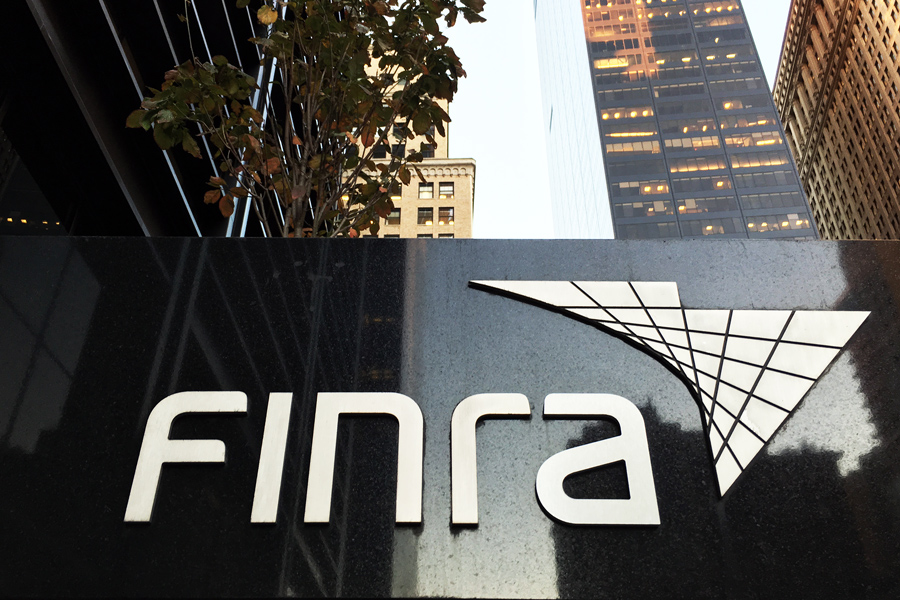

The Financial Industry Regulatory Authority Inc. said Friday it had fined a small broker-dealer, Laidlaw & Co. (UK) Ltd., $200,000 for persistently breaking the securities industry's net capital rule, one of the bedrock guidelines for the brokerage industry's small firms, or those with less than 100 registered reps.
Laidlaw has its main office in London, but also operates out of offices in New York and other U.S. cities.
In its settlement with Laidlaw, Finra said that "Laidlaw conducted a securities business while failing to maintain the required minimum net capital during four periods between February 2018 and July 2022."
According to the Securities and Exchange Commission, "the net capital rule focuses on liquidity and is designed to protect securities customers, counterparties, and creditors by requiring that broker-dealers have sufficient liquid resources on hand at all times to satisfy claims promptly."
The rule essentially regulates the amount of capital a broker-dealer has in the till at the end of the day to settle trades. Small broker-dealers typically use clearing firms to trade, but can still fall short of required capital on hand.
Laidlaw has eight branch offices and 75 registered reps, according to Finra. The president of the broker-dealer, Matthew Eitner, did not return a call Tuesday morning to comment. Laidlaw agreed to the settlement without admitting or denying Finra's findings.
Over the four-year period, Laidlaw & Co. experienced a net capital shortcoming four times, with the firm's required minimum net capital ranging between approximately $100,000 and approximately $240,000, according to Finra.
For example, in 2018, Laidlaw & Co. improperly included a certificate of deposit in its net capital computation as an allowable asset, even though that certificate of deposit served as collateral for a line of credit, according to Finra.
During the four-year time span, Laidlaw & Co. also failed to file required notices of net capital
deficiency in a timely manner with the SEC and Finra, according to the settlement, and also failed to maintain accurate books and records concerning its net capital position.

A Texas-based bank selects Raymond James for a $605 million program, while an OSJ with Osaic lures a storied institution in Ohio from LPL.

The Treasury Secretary's suggestion that Trump Savings Accounts could be used as a "backdoor" drew sharp criticisms from AARP and Democratic lawmakers.

Changes in legislation or additional laws historically have created opportunities for the alternative investment marketplace to expand.

Wealth managers highlight strategies for clients trying to retire before 65 without running out of money.

Shares of the online brokerage jumped as it reported a surge in trading, counting crypto transactions, though analysts remained largely unmoved.
Orion's Tom Wilson on delivering coordinated, high-touch service in a world where returns alone no longer set you apart.
Barely a decade old, registered index-linked annuities have quickly surged in popularity, thanks to their unique blend of protection and growth potential—an appealing option for investors looking to chart a steadier course through today's choppy market waters, says Myles Lambert, Brighthouse Financial.
